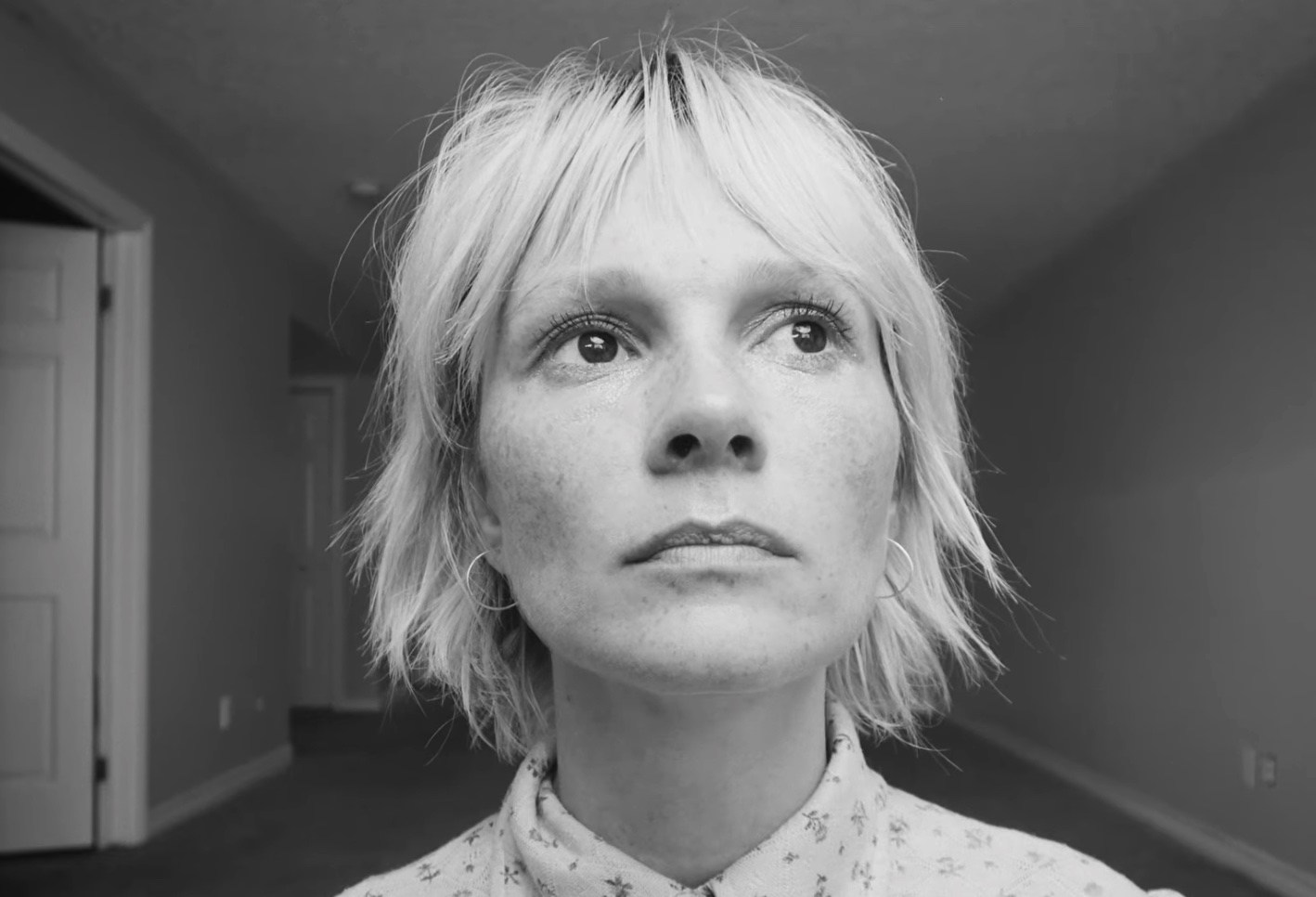No.
Rather, I outlined my intentions for the New Year within the parameters of, something we all can't do without, FOOD.
I just re-read Michael Pollan's groundbreaker, The Omnivore's Dilemma; a consciousness-changing book, it is The Jungle of our time.
If you eat food on a daily basis, you MUST read this book.

In a feat of sincere, well-reasoned (dare I say, beautiful) prose, Pollan traces the journey of four different kinds of meals from to their origins to his mouth. He pushes aside the curtain to reveal: the industrial network that invented and supplies our current food chain; the capitalization of the organic movement, and raises the question is "commercial organic" a contradiction in terms, and/or a lesser of two evils; what happens to man and beast when it is nature that is deferred to in the management of food animals; the ethics of eating animals and the varied philosophies of that topic; lastly, what it takes to be solely responsible for the food one intakes. If you are more the book-on-tape type, here he is arguing the sustainability of our current food system at UC Davis: YouTube - Michael Pollan: The Omnivore's Dilemma.
It made me think. A lot. Not only about committing myself to eating home and locally grown produce, but also about the meat that I eat. I have long had a conflict between my head:mouth when it comes to eating animals. I was a vegetarian for years. Then, one fateful afternoon, my friend John and I walked into Gold's Delicatessen in Westport, CT.

He orders the pastrami on rye, with a celery soda. Me?
"Oh, I'll have a potato knish."
"Sorry, hun," the waitress returns. "We're all out".
While I take a moment to restrategize, John's pastrami comes out. All it took was the smell. The browned edges of the cured meat dangling excessively between the slices of rye. The dish of rich, spicy brown mustard just a dollop away.
The waitress clanked his plate down in front of him, and before she could flip the paper of her little pad, I explode, "I'll have what he's having". And that was it. Oh, I also had a cheeseburger later that evening for dinner.
John laughs at me all the time; whenever we have lunch I am either on or off the meat-eating wagon, and it results in an obligatory status update. John was a successful chef in his past life, now a fellow horticulturist, so we are always talking about food. I'm not sure you could really be a gardener without being in love with food. Fresh, bountiful harvests of produce that either you nurtured yourself, or know what it takes to be produced, is something you end up deeply appreciating.
It is because I deeply appreciate food, that reading Pollan's book a second time helped me realize where my convictions lie, and just where on that meat-eating wagon I sit. And sit on that wagon I do. Unless, tomorrow I don't . . .
I attempt to understand, and do all I can to align myself with, nature's complex processes when working in a garden. Being connected to the natural world, I cannot help but be consumed with how I fit into the cycle of consumption. As far as eating meat goes, I feel I've found a way that makes sense to me.
The animal husbandry equivalent to my garden philosophy is grass-fed, pasture-rotated animals. Pasture-raising poultry, pork, lamb, and beef ensures that the animals are fully engaged in their domesticated surroundings, fully capable of living out their numbered days grazing as their natural inclinations demand, and free from the artificial and unethical trappings of the massive commercial industry that otherwise supplies our meat and dairy. Check it: cattle graze in a biologically and nutritionally diverse "grass" pasture. They eat, they excrete. Cattle is moved on to another pasture allowing the grass to regenerate. Chickens are rotated into the pasture where they peck through and spread out the cow pies in search of larvae, grubs, that are high in protein resulting in amazing eggs and high-quality flesh. Chickens are effectively spreading manure as a result of searching for their natural food source. An effective model of symbiosis, and certainly, the lesser of the alternate evils.
Did I mention grass-fed beef is far superior in nutrients than corn-fed? Yes, it costs more. As Pollan argues, what costs more to our health and our environment is cheap, industrial meat. I want to see more than just the price tag. I want to know where these animals came from, how they were raised, visit the farm, be connected and conscious towards my choices. So if I have to eat less meat that is of higher quality and more conscientious, I am willing and wanting to.
Since humans long ago domesticated these animals, they are already, and have been for centuries, living an unnatural life. My conviction to my self is to consume animals who have been given the respect and consideration for their comfort and well-being in exchange for my meal. For me, this pasture-raised meat is a way for me to reason my carnivory. Perhaps not for you, and I welcome you to reason out your convictions for yourself.
Check out Eat Wild. There you can find a local farm near you that is committed to closing the gap between you and your food source.
For me, 'Beyond Organic' means to look beyond the packaging, the marketing, beyond the idyll of the romanticized farm. In 2011 I will connect to my local resources, and align myself and my purchasing power with new standards and responsibilities. Ask yourself, how do you live in support of your convictions? As our world spins wildly beyond our control, how will you make the wobbling stop in your world?


No comments:
Post a Comment